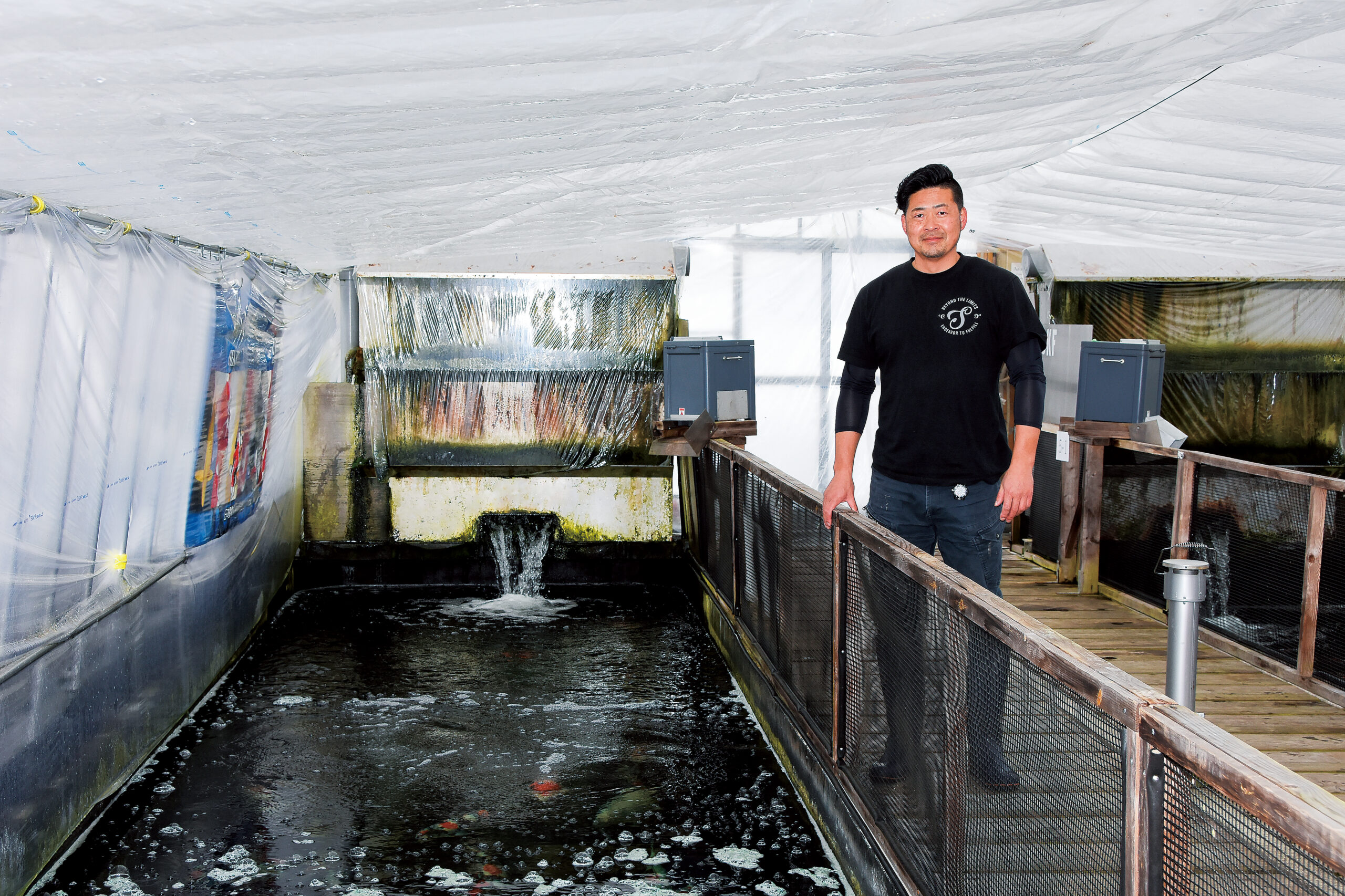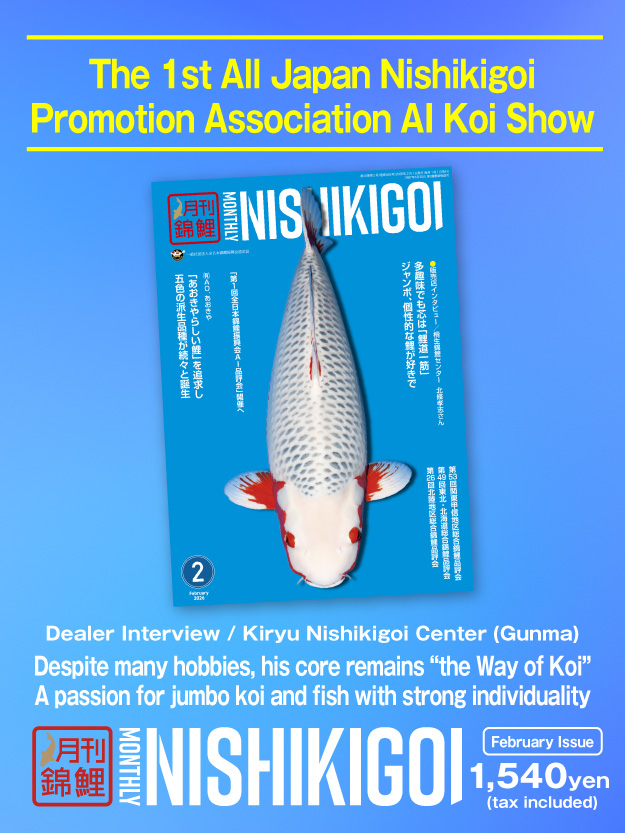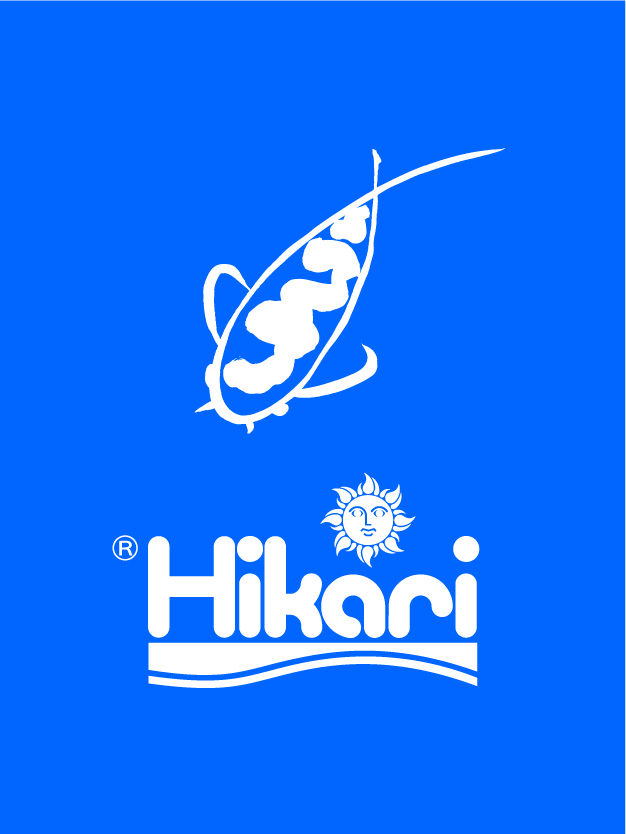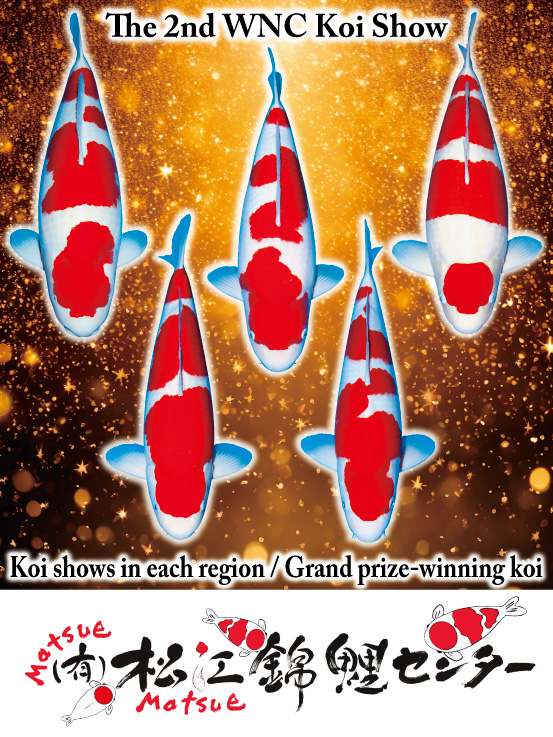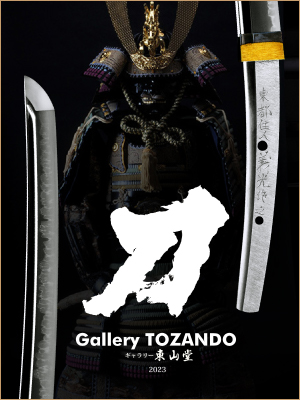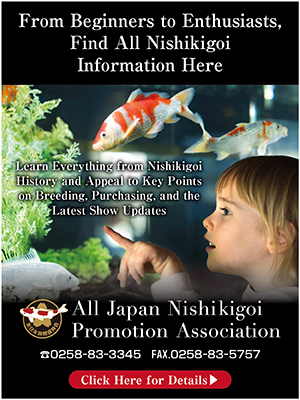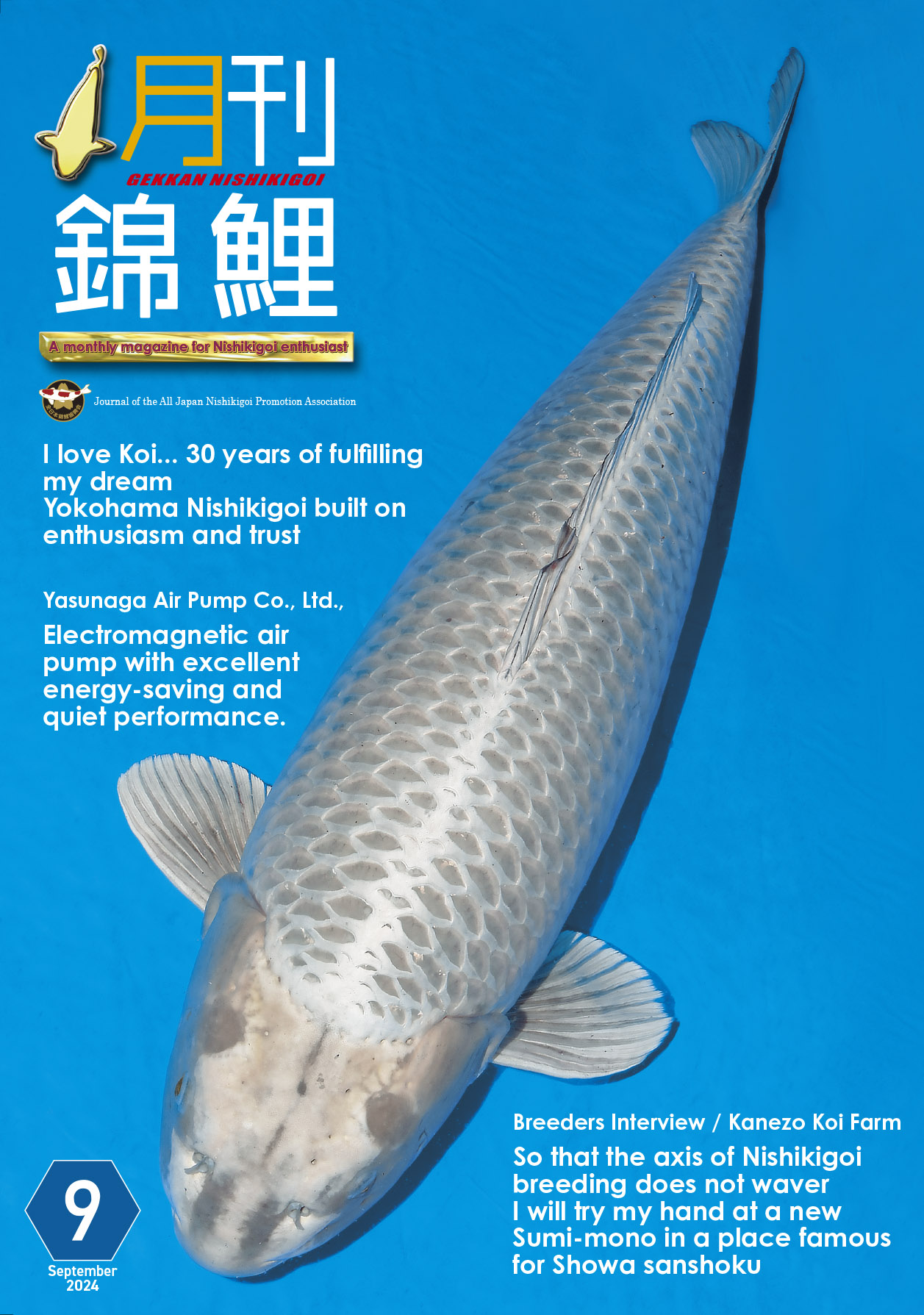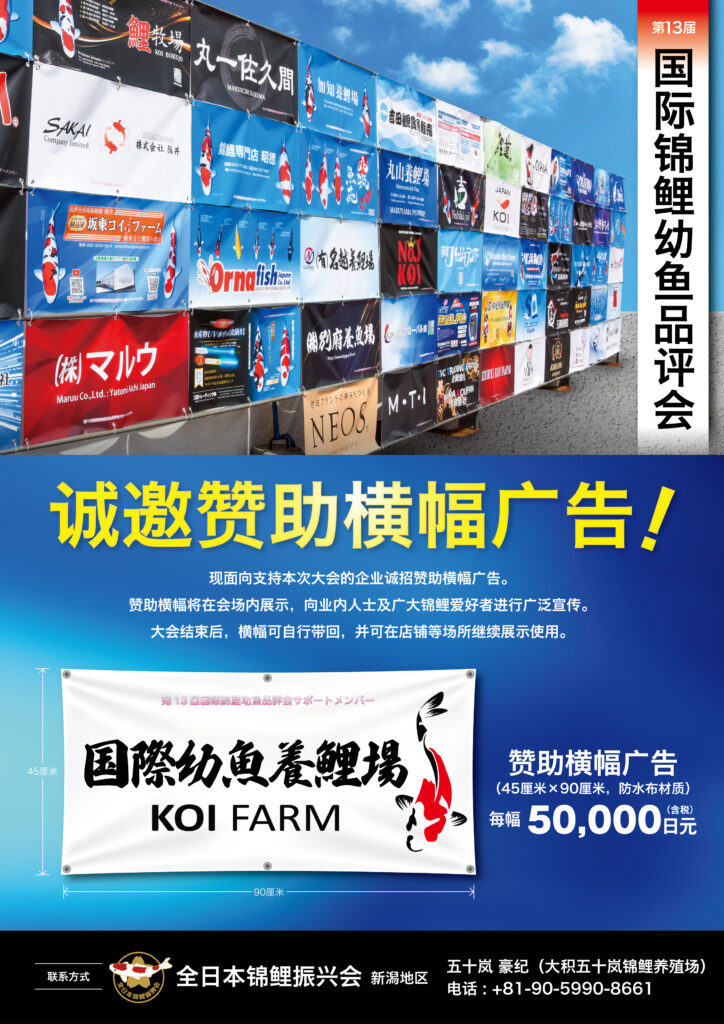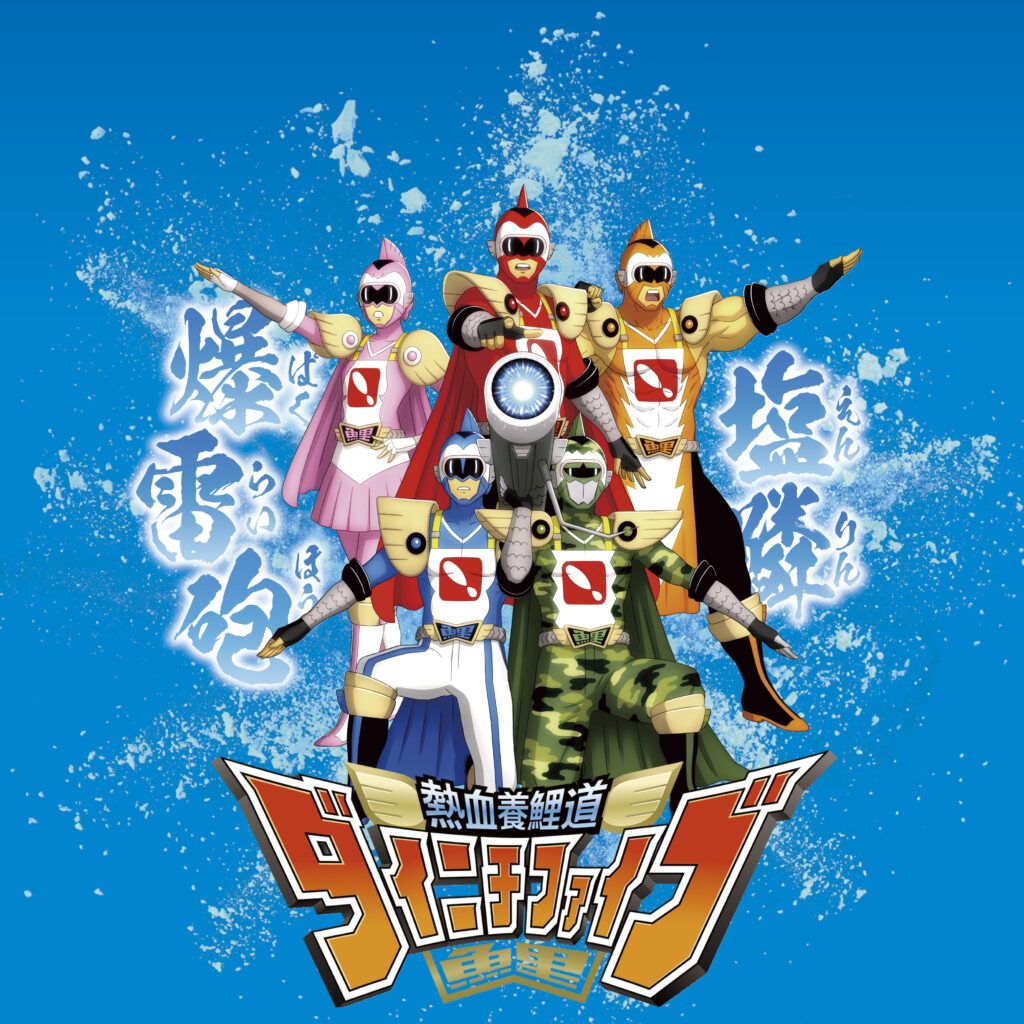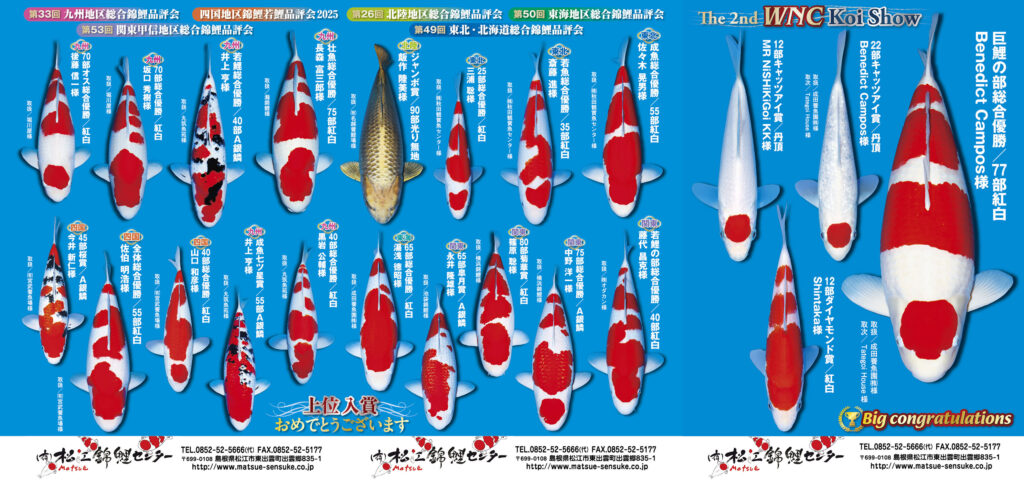Breeder Interview Sekiguchi Koi Farm – Masayuki Sekiguchi (Niigata)
Evolving Showa Sekiguchi
Also keeping “New types” in sight〈Part1〉
The Sekiguchi Koi Farm enjoys overwhelming support as a leading Showa-era brand. Their name is always found at the top of national competitions, and their success has been particularly remarkable since winning the championship at the 32th All Japan Young Koi Show.
This year, at the 55th All Japan Nishikigoi Show, their koi achieved an incredible feat—winning the Young Koi Grand Champion title for the fifth consecutive time. While the exact record for the most consecutive wins in this category remains unclear, there is no doubt that this is a rare achievement. What makes it even more remarkable is that each winning koi was different, further elevating the prestige of their accomplishment.
Their innovative approach to Showa breeding and their future aspirations… Amid heavy snowfall, Mr. Sekiguchi quietly burns with competitive spirit as we sit down for our first interview with him in 14 years.
The five consecutive young koi are all from different parents.
The goal is high-quality “sumi-rich” in Showa.
― First of all, congratulations on winning the Young Koi Grand Championship five years in a row (Photos 1 to 5).
Sekiguchi: Thank you very much.
― I think the Young Koi Division is highly valuable, as not only the Gosanke but also Goshiki and Shiroutsuri are considered contenders.
Sekiguchi: I’m happy to hear you say that.
― The same goes for the Young Koi Show, but most of the award-winning koi are handled by Narita Koi Farm, right? Like Narita purchases them the previous fall?
Sekiguchi: That’s often the case. Since we’re producers, we have to keep rotating the ponds, and it’s quite difficult to finish raising them ourselves and bring them to the show. So now, the process is to have dealers take them and finish raising them—that’s the current flow.
― All the Young Koi Grand Champion winners are different koi, but are any of them from the same parents?
Sekiguchi: No, they all have different parents.
― Is that so? So, you’re consistently producing good koi from any parent. Do you often use new parents each year?
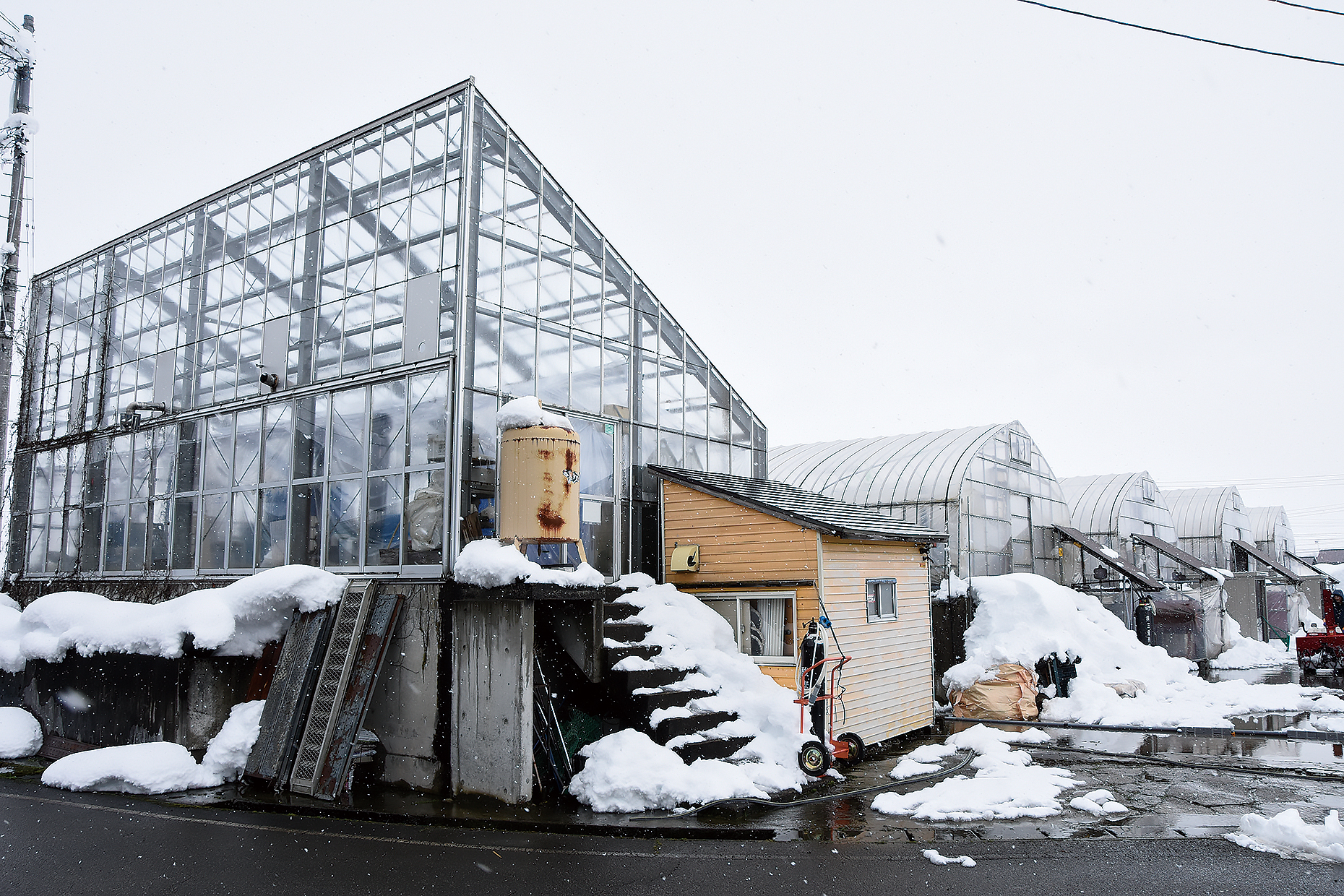
Sekiguchi: Yes, we don’t have the same combinations for many years. We especially replace the males frequently.
― Even if they’re producing good koi?
Sekiguchi: Even then, we might replace one of the two or three males we use. Of course, we value good combinations, but we might get even better ones. We have a lot of parent candidates, so we want to try using them. Younger ones tend to look more appealing as parents, you know.

